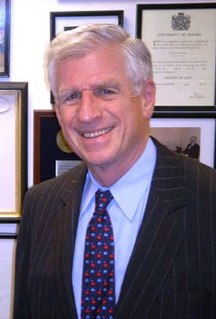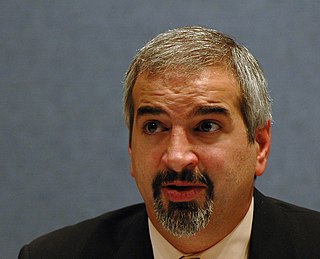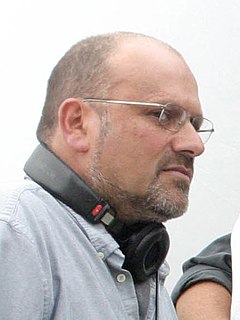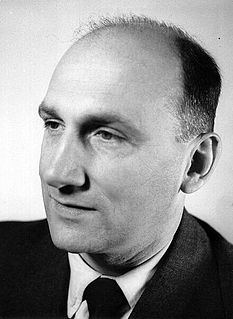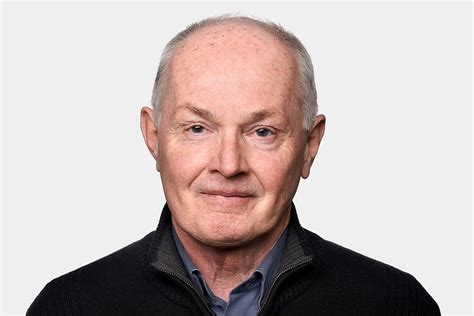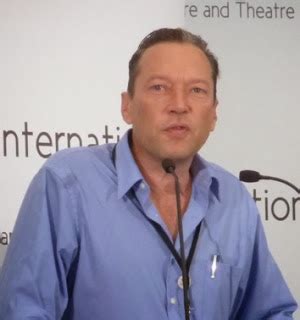A Quote by Robert Fisk
After the allied victory of 1918, at the end of my father's war, the victors divided up the lands of their former enemies. In the space of just seventeen months, they created the borders of Northern Ireland, Yugoslavia and most of the Middle East. And I have spent my entire career — in Belfast and Sarajevo, in Beirut and Baghdad — watching the people within those borders burn.
Related Quotes
To be sure, many of the Sykes-Picot borders reflected deals cut in Europe rather than local demographic or historical realities. But that hardly makes the Middle East unique: Most borders around the world owe their legacy less to thoughtful design or popular choice than to some mixture of violence, ambition, geography, and chance.
For Beirut it was the civil war, and the dividing of the city - which is something that is shared among Beirut, Berlin and Baghdad. And Cairo is a city that has a scar that was born after many decades of dictatorship - oppression shaped the people's lives, and forced people to grow up accompanied by fear. I belong to a generation that, whether we like it or not, was shaped by this fear of death or loosing the people you love, the threat of war, not allowed to be yourself, forced to be silent - as you watch ignorance occupying everything around you. And this is a deep scar.
It was important for me to show that Beirut and Lebanon were once the pearl of the Middle East. Beirut was once called the Paris of the Middle East and to have that feeling of a destroyed place that once was beautiful and glamorous and visually impressive was important. I think it's even sadder to get the feeling that this country, and indeed the whole Middle East, could have been a major force in the world if people would get together and forget about destruction, death and wars. But unfortunately, it's not happening yet.
Jobs are just about the best they've ever been. We've created almost $4 trillion in wealth if you look at your stock values and you look at what's going on with our country. But we've created tremendous wealth. The enthusiasm and spirit on every single index is higher than it's ever been before for our manufacturers and for our companies. After spending billions of dollars defending other people's borders, we are finally going to defend our borders.
The Canadian Identity, it seems, is truly elusive only at home. Beyond the borders Canadians know exactly who they are, within they see themselves as part of a family, a street, a neighbourhood, a community, a province , a region, and on special occasions like Canada Day and Grey Cup weekend and, of course, during the Winter Olympics, a country called Canada. Beyond the borders, they pine; within the borders, they more often whine
The modern Middle East was largely created by the British. It was they who carried the Allied war effort in the region during World War I and who, at its close, principally fashioned its peace. It was a peace presaged by the nickname given the region by covetous British leaders in wartime: 'The Great Loot.'

